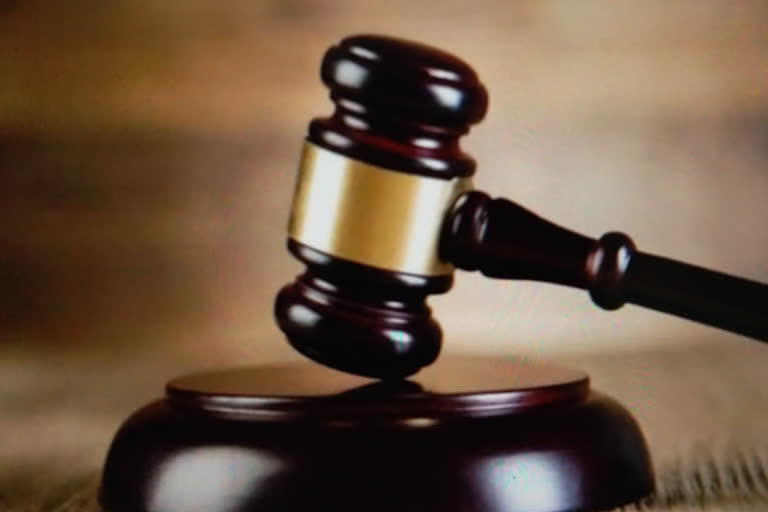Hyderabad: Six years ago, the Supreme Court ruled that good governance meant ensuring quick punishment to criminals. The leaders with criminal backgrounds are confident to the core that when they themselves are the rulers as representatives of the people, where is the scope for punishment. As the former President of India, K R Narayanan said that if political parties resolve not to issue tickets to people with a criminal background, the problem will be easily solved and asked: “Can't the parties do that much?”
Thanks to the political parties which are competing with each other in inviting the criminals with all honours into their parties, the present Lok Sabha is flourishing with 43 per cent public representatives with a criminal background. The Telangana High Court has taken the initiative in line with the clear directions of the Supreme Court a fortnight ago to protect the sanctity of democracy from corruption and criminal politics. The High Court has set the stage for daily hearings in the wake of pending cases against public representatives in 118 special courts, CBI and ACB courts. Annoyed by the non-issuance of summons in most of the cases against MPs, the apex court directed the police authorities to take appropriate action. Amicus curiae Vijay Hansaria told the Supreme Court that there are 4,442 cases pending against former and current MPs and MLAs across the country, of which 2,556 were registered against current legislators.
Of the 413 cases that could carry a life sentence, the accused in 174 cases are against the sitting MPs and MLAs. Although special courts have been set up in the past in the two Telugu states along with Karnataka, Madhya Pradesh, Tamil Nadu and West Bengal, all the cases are pending.
Also Read: Is justice just a delusion for the common man in India?
The Supreme Court's directives in 2018 that the citizens' right to information must be converted as a weapon and the personal history of the candidates entering the election fray must be advertised in media have been watered down in real practice. With Election Commission not specifying the list of major channels and newspapers, the candidates have made use of less popular newspapers and odd times in the media to notify the criminal cases against them to get done with the requirement of law. In September, the Supreme Court directed Parliament to enact strong legislation to free politics from the grip of criminals. The judiciary is literally waging a lone battle to put an end to the corrupt politics within the framework of the constitution. In utter lack of regard to the spirit of the Supreme Court's verdicts, in the past elections, the Congress fielded 47 more candidates with a criminal background and the BJP has 59 sitting MPs with criminal cases against them. It remains to be seen to what extent the Supreme Court's orders in last February, directing a political party to publicly explain voters as to why it had to choose candidates with a criminal background, will be effective.
Parliament is not ready to make strict legislation to stop the people with criminal convictions from entering the legislatures. At least with the new initiative of the judiciary, if pending cases against the tainted leaders are cleared fast and the confidence of the public is restored in our judicial system, the Indian democracy will heave a sigh of relief.



